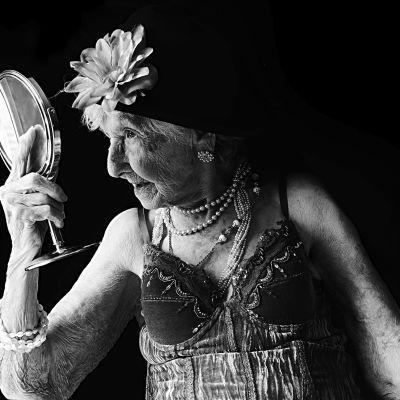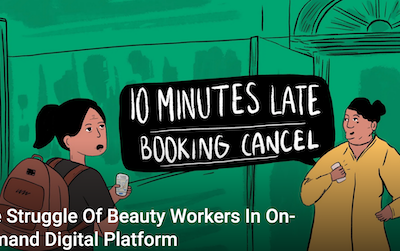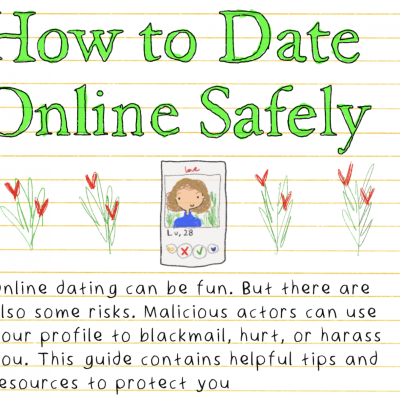bodily integrity
The only hitch was that neither the agents nor the landlords who lurked behind those rentable flats were particularly keen on leasing their precious properties to a – what! Divorcee??!! No, no, madam, but this flat is only for families.
In this issue of In Plainspeak our contributors reflect on and reveal the myriad facets of being single – is it a choice? A condition? A state of being? Lonely? Joyful? Not one or the other, but a glorious mix?
Age is not just a number, like it is often said to be. It is a lot combined together. It is about grace, it is about exposure, it is about knowledge, it is about the ability to fight back. And yet, in endless other ways, age IS just a number.
The most satisfying spiritual and sexual experiences I’ve had were not in my twenties, thirties or even forties. They have been in my 50’s. The most insightful spiritual insights, and the most orgasmic orgasms have both arrived in middle age.
It is true though that ageing has brought home realities about my body that I ignored when I was younger. It has made me mindful of what I value, and what I choose to let go of, without too much of thought or unnecessary angst.
The issue with the ‘Aunty’ body arises from a deeply misogynistic and dehumanising understanding of women. In this imagination the woman, whom the world now addresses as ‘Aunty’, has basically served her purpose of marriage and child bearing, and is hence rendered useless.
Capturing moments of tenderness between these couples as they shine with affection, comfort, and laughter, Sujata’s photo-series reminds us that we don’t simply fall in love, but with time, nurture and strengthen intimacy.
As Clément subverts ageist norms around beauty with her camera-work, the women and men (ranging in age from 70 to 102 years) who reveal themselves in this project give us a glimpse into their inner world and the rich and vibrant ways in which they experience sensuality.
The conversion of the noun (adult) into the verb form (adulting) implies that ‘adulting’ is more performance than inevitability. Which is to say, there is no intrinsic understanding of ‘adulting’; it is something that can be learnt over time.
Ageing is often associated with a loss, a lack of ability and strength. When combined with sexuality, in the popular imagination, fed especially by market forces, youth is to be lauded and ageing regarded as the impending horror that must be evaded for as long as possible.
If you live in an urban metropolitan city, you must have seen women dressed up in company uniform, carrying a heavy bag on their shoulders, their attire shouting a brand name with logos all over her. Their bodies become an advertising ground for a company’s marketing. Sometimes, the bag is a portable salon that they carry to their client’s (home), who book the beauty service using a mobile application. These ‘workers’ enroll themselves on the platform company that operates as an intermediary, to get bookings on-demand.
Period tracking applications can also inform you about your general reproductive health and also caution you in case of an anomaly with respect to it. As menstruators in our undergraduate years, the primary reason I saw my friends using period trackers were to keep a track of when to carry menstrual products to college or avoid the risks of pregnancy.
Online dating can be great fun but it comes with some risks. This quirky and in-depth Digital Security Guide by Access Now on How to Date Online Safely tells us how we can engage with fellow dating-app users while making sure we are safe from harm.
You see, numbers are tricky, data is tricky. More importantly, data is dehumanising. Add sexuality and intimacy to this and the waters get even murkier. Maybe it’s good to leave a few things unaffected by too much data. Maybe we do not want to talk about data and sexuality. Maybe we instead want to talk about why data around gender and sexuality must not be recorded, and instead, maybe focus on why we should honour every kind of sexual preference which is within the purview of the safe and consensual.
Apart from systematic exclusions faced by individuals, evidently the mandatory use of a biometric-based digital ID has also reshaped the understanding of an individual’s agency and right to bodily autonomy. Gender and sexuality seem to no longer be matters of an individual’s right to privacy. With digitisation, disclosure of one’s gender and sexuality has become a hindrance to accessing one’s rights.















